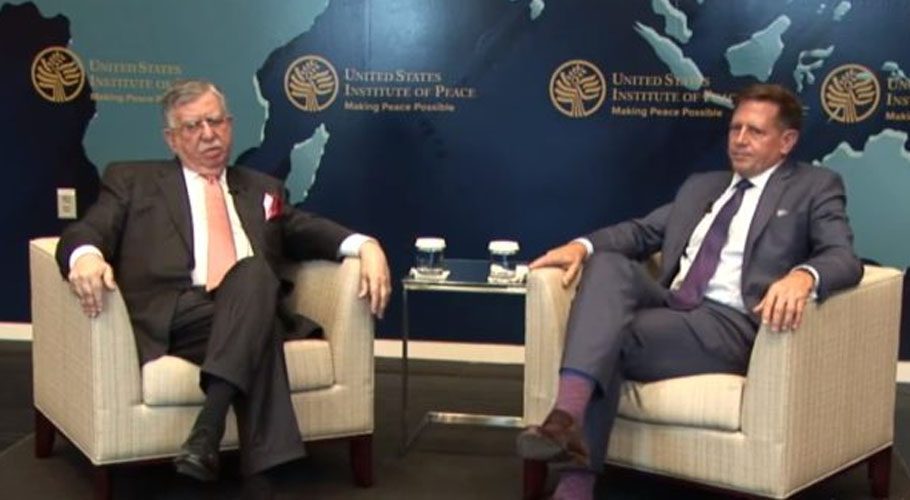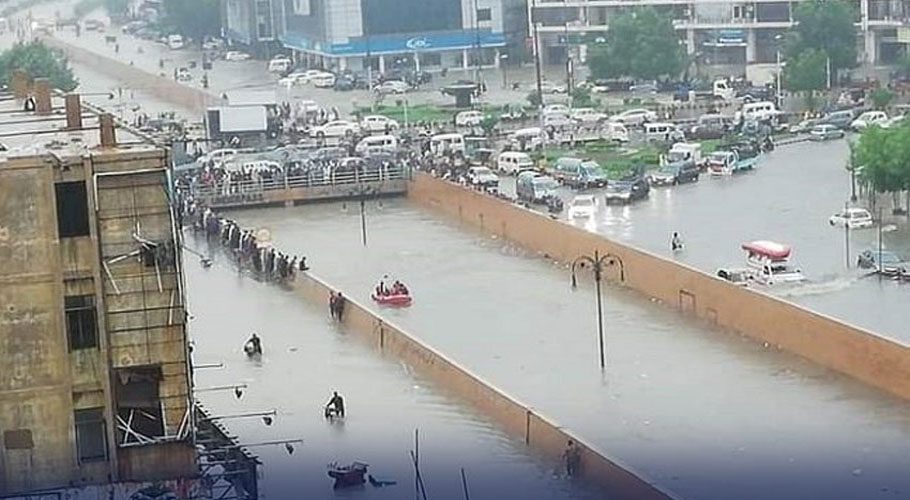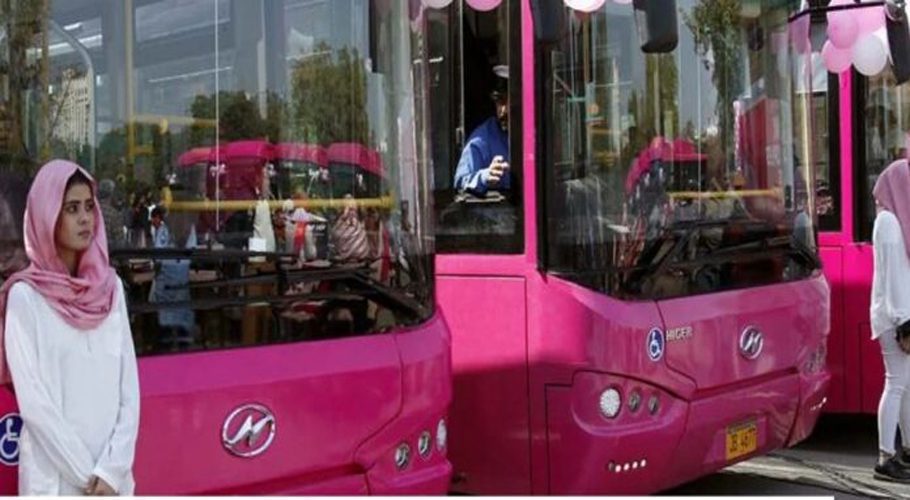![]() Follow Us on Google News
Follow Us on Google News
Finance Minister hopes for successful outcome of IMF negotiations
Related Stories
Opinion
April 17, 2024
- Dr. Muhammad Shahbaz
March 19, 2024
- Riyatullah Farooqui
March 17, 2024
- Ambassador Dr. Jamil
March 14, 2024
- Riyatullah Farooqui
March 12, 2024
- Nadeem Moulvi
No posts found
Is Dubai’s storm coming to Pakistan?
The United Arab Emirates (UAE) witnessed extensive flooding on Tuesday when storms unleashed more...
What will the price of Huawei Pura 70 be in Pakistan?
The anticipated price for the Huawei Pura 70 in Pakistan is approximately Rs167,999. This...
New Pink Bus routes announced for Karachi
KARACHI: Sindh Minister for Transport and Mass Transit, Sharjeel Inam Memon, has announced the...
MM Digital (Pvt.) Ltd.
MM News is a subsidiary of the MM Group of Companies. It was established in 2019 with the aim of providing people of Pakistan access to unbiased information.
Contact Details: 03200201537



























